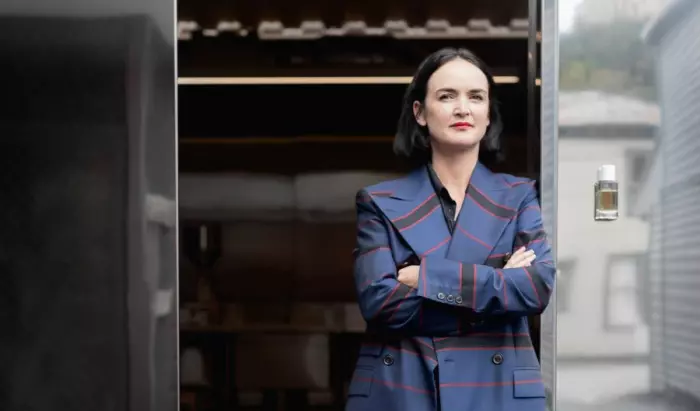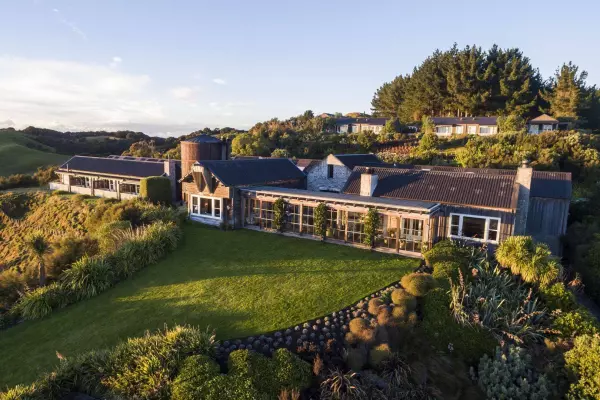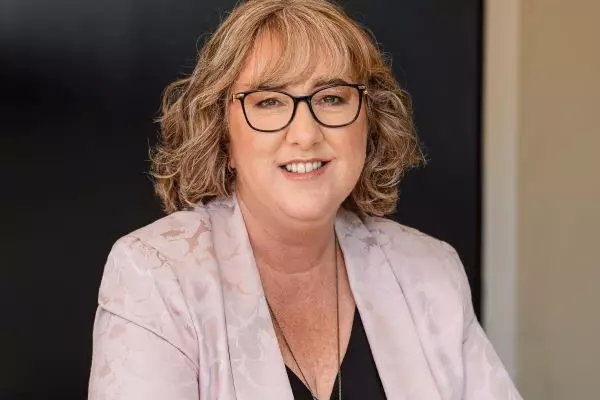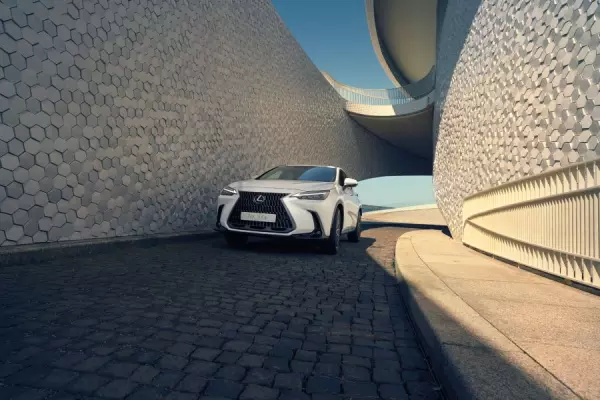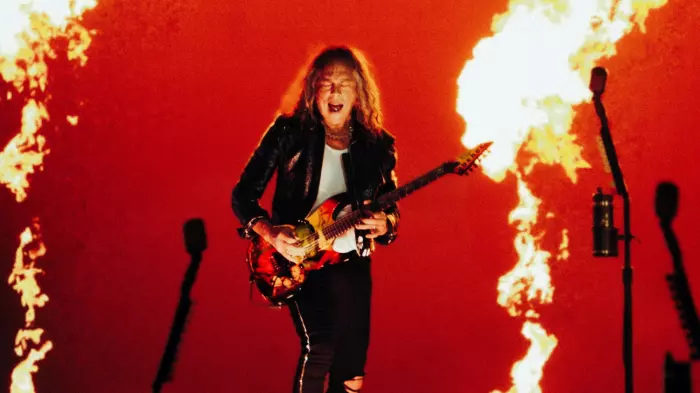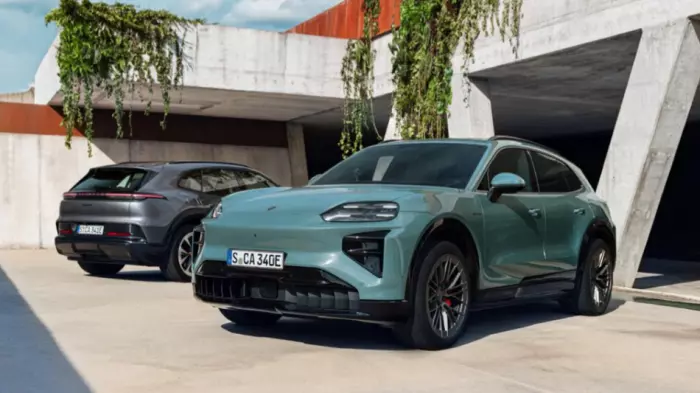Abel, a luxury natural perfume brand, was founded in Amsterdam in 2011 by proud New Zealander Frances Shoemack. With a focus on sustainability and ethical business, Abel is helping lead the charge in the “clean” environmentally friendly fragrance market. Now based in Wellington, Abel is sold in 33 countries including Japan, the US and Germany.
Tell us how you got the business started?
Originally, it was from savings. My husband and I were living in Amsterdam at the time. I think my initial budget was something like 40,000 euros ($67,000). I was still working part-time and I got pregnant not long after we launched, which was wonderful and lovely. But for the first three years, we ran off the smell of an oily rag.
A few years into the business, I asked myself was it something I believed in. Did I want to keep going? Because if there was the potential, then we needed to take a bigger risk. So that was a lot of soul-searching early on. There was definitely interest in the brand then; we just needed some more money and more of a team around it.
What were your experiences of launching a new brand into what is quite a saturated market?
It was challenging, but the niche perfume trend really started to boom about 10 years ago. People were turning away from the duty-free perfume world. The natural perfume category has grown double digits now for a decade. I think we’re at that sweet spot – the intersection of that niche, independent, clean perfume. There’s still only half a dozen brands globally that are producing 100% natural perfume.
There are big challenges in the perfume industry – a lack of transparency around ingredients lists, for a start. A lot of perfumes are 100% derived from crude oil. There are five or six major players in the fragrance industry globally and they control everything. It's a self-regulated industry, especially in the USA, and fragrance has been a bit of a cash cow for the fashion industry.
New Zealand master perfumer Isaac Sinclair is your “nose”. How did that working relationship come about?
I did go after him and I really had to chase. I recognised early on that there was quite a negative attitude towards natural perfume, and maybe some of that is kind of industry seeded, let's say. But it was also a bit of a hangover from the hippie era, so I realised right from the get-go that we had to work with master perfumers. Most are French or Italian, but I came across a video of Isaac and he was standing in the Waitākere Ranges talking about how perfume is like wine. And my background is in wine. I thought, oh, wow, who is this guy? So I went away, did some research, and found out he lived in São Paulo, and I reached out to him. He's been on board pretty much from the beginning. His wife, Fanny Grau, who is a French parfumier, also works with us.
Where are your biggest markets?
Close to 90% of our business is offshore – the US is our biggest market, then Japan, then Germany. One of the reasons Japan is such a strong market for us is our scents really fit their profile. In Japan, it's considered the height of poor etiquette to be overly scented. In Asia, one of our fragrances makes up 80% of our volume and it's not a big seller anywhere else in the world.
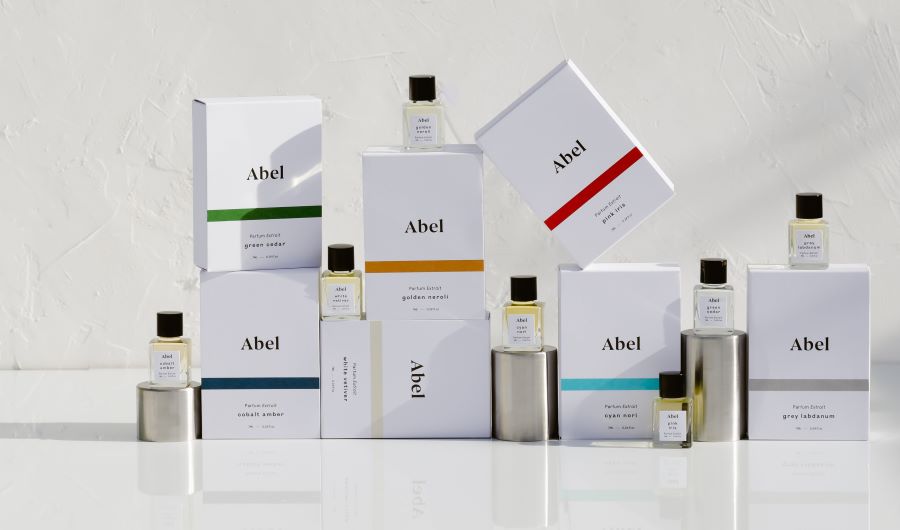 Fragrances from Abel's Parfum Extrait range. Photo: Grace Gemuhluoglu.
Fragrances from Abel's Parfum Extrait range. Photo: Grace Gemuhluoglu.
Now that Abel has been going for a decade, what role does research and development play in the business?
No business should ever have that nailed. Innovation is a big thing for us and we're trying to be a bit creative about the way that we fund our R&D. Now we have Fabriek, our production hub and showroom in Wellington, I want R&D to play a bigger role. We would spend about two years to develop a new fragrance.
As part of your sustainability model, you have a “one in, one out” policy, where you discontinue a product to bring a new one in. That must make things difficult at times.
I have this frustration with newness. If a brand falls into the trap of producing something new because that's what's demanded, there’s no incentive for excellence. It becomes about getting something on to the market; it doesn't always matter how good it is. So that was my rationale for the policy.
When I announced it, I made it public. So then I had to put a strategy behind it. When we let go of Red Santal, which was our first fragrance, that was hard. But there’s a lot of positives; it makes us be better every time we launch a new one.
What has been the biggest triumph in the business for you in the past decade?
I was on a business trip to Japan and we did an event in Shinjuku, Tokyo. At the end of the event, the guests queued up to get their bottles signed by me. To get that kind of response was one of those moments when I reminded myself, okay, this is cool. It was really nice.
What has been the biggest failure in the business and what did it teach you?
The biggest failure has been to underestimate the resistance we would get from the perfume industry to being “clean”. Our goal from day one was to be “the” natural perfume within the perfume category. We failed to realise that the perfume industry didn't want to allow a space for a natural scent – that if they let us tell our story, it would undermine their own. For our perfume distributors in market, we've been a conflict of interest with the rest of the brands in their portfolio, again making it hard for them to tell our story and hard for us to be disruptive.
Sitting among the world's best perfume houses has definitely had its benefits in terms of brand positioning and desirability (we count many of the world's best stores as stockists), but essentially we've spent six years fishing where there are very few fish, and very murky waters!
Realising this, we've shifted our strategy in the past six months to be “the” perfume within the high-growth clean beauty category (worth over US$5billion per year and with a compound annual growth rate of 12.7%). It's here that the awareness and education exist and where there are a huge number of clean beauty customers, ready to make the switch to clean perfume. This has meant dissolving distribution agreements and taking more than one market direct – it's a very exciting time for us.
You’ve spoken in the past about impostor syndrome. Is that something you still navigate?
I know I'd be lying if I said I don't suffer from impostor syndrome, but it certainly doesn't control me. I think the older I get, I like to hope I get a bit wiser. And you also have enough experiences of sitting alongside people and seeing that beneath the veneer, they're struggling with things. I think maybe the biggest hurdle with impostor syndrome is not having enough context. You know, the more context you gain about other people's lives and situations, the more you realise, oh, we're all in the same boat.


